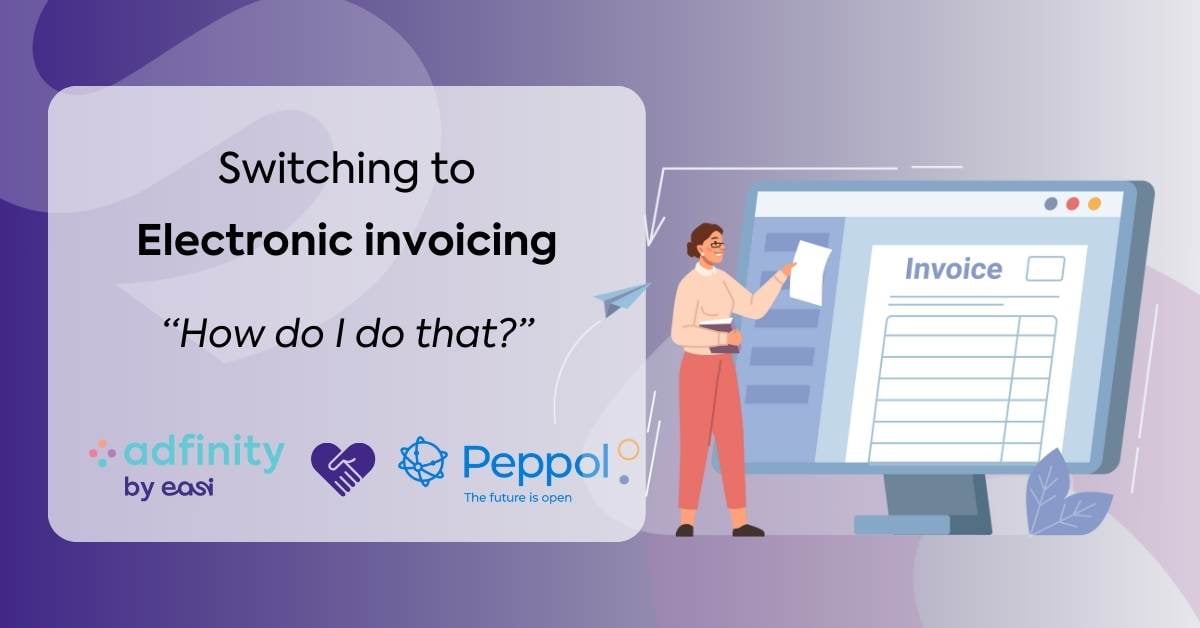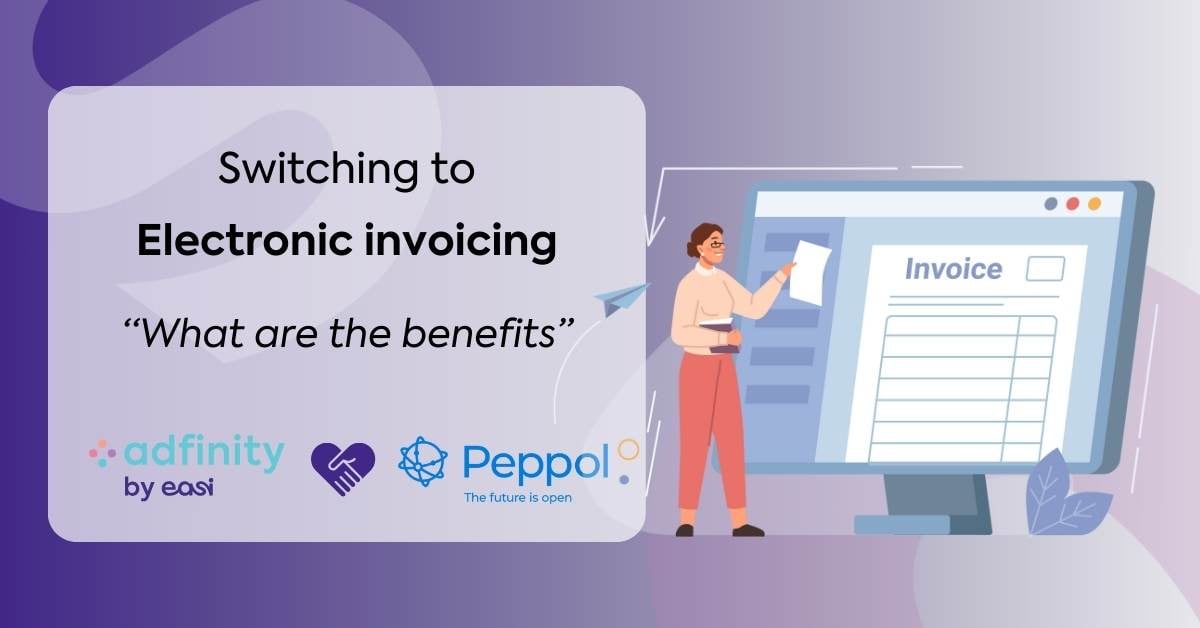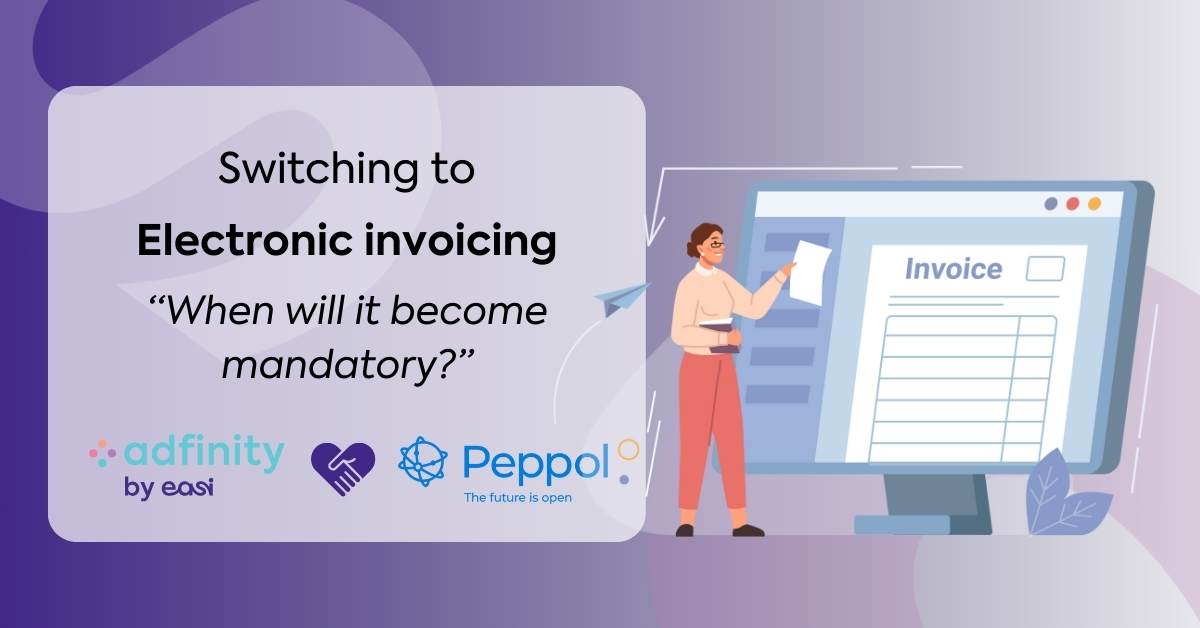‘What are the consequences of this legislation for my financial management?’ ‘What is going to be abolished?’ ‘Will I have to amend my articles of association?’ ‘How much time do I have to get everything in place?’ Discover the impact of this reform on your business here.
Dit artikel in het Nederlands? Klik hier
Cet article en français? Cliquez ici
For the first time in 50 years, the government has thoroughly modernised our business laws. Today, the first of May, is D-day, a day that brings a lot of challenges. We take you through the most significant changes and the consequences for your financial management.
What are the 9 most significant changes?
1. Everyone is equal before the law
From now on, not-for-profit associations (vzw's), agriculturists and liberal professions are also businesses. In other words, the difference between civil corporations and trading companies has disappeared. This means that from now on, an association can also file for bankruptcy, a privilege previously only granted to a trading company.
2. From now on there are only 4 basic types of company
Take a look at the overview below.
|
1. Private limited company (BV)
|
Small and medium-sized enterprises |
|
2. Public limited company (NV)
|
Large enterprises |
|
3. Cooperative society (CV)
|
Enterprises pursuing cooperative ideals |
|
4. Professional partnership
|
The only type of company without legal personality |
The above-mentioned companies form the basis of the future types of company. Other existing types of company are legally reduced to one of the 4 above-mentioned types. For example, the general partnership (VOF) and the limited partnership will be treated as variations on an incorporated professional partnership with legal personality from now on.
The following types of companies are abolished:
• The undisclosed partnership
• The temporary company
• The company with unlimited liability (CVOA)
• The (European) economic partnership (ESV)
• The agricultural partnership (LV)
• The single-member limited liability company (EBVBA)
• The private limited company starter (S-BVBA)
• The partnership limited by shares (Comm. VA)
• The social enterprise (VSO)
3. The BV(BA) is the basic type of company for SMEs
As an entrepreneur, you no longer need to submit EUR 18,550 on establishing a BVBA. With the arrival of the BV, the start-up capital is replaced by a sufficient initial capital depending on the envisaged activities. Of course, this does not mean that you can start up a company without a plan. The civil-law notary will always ask you to present a detailed financial plan. This new type of company also offers the option for a company to be established by one person. As a result, the BV absorbs the E-BVBA, SBVBA, and the common BVBA. From now on, you can only distribute profits after a thorough balance sheet and liquidity check.
4. The NV becomes more flexible
One of the greatest bottlenecks for establishing an NV was the minimum quota of 3 founders. This has been removed from the new company law, so an NV can now be established by one person. Contrary to a BV, the required minimum capital remains applicable to an NV. Besides, a family transfer within an NV becomes more flexible. For example, shares can be granted to the children while the pater familias is the sole director. If he retains the veto, it will be well-nigh impossible for the children to dismiss him.
5. One share is no longer one vote
Under the new law, listed companies are allowed to grant loyal shareholders two votes per share. However, some conditions need to be fulfilled. For example, this law only applies to fully paid shares that have continuously been registered to the same shareholder for at least 2 years. An amendment to the articles of association to this end requires at least a two-thirds majority. Non-listed companies require a three-fourths majority to amend the articles of association.
6. The liability of directors is limited
Dependent on the turnover of your company, your liability is limited to a certain amount. Obviously, this does not apply in case of serious errors.
7. Not-for-profit associations (vzw's) are allowed to make a profit
From now on, vzw's are allowed to be economically active without limitation. Previously, this was only allowed as a secondary activity. Members are not allowed to distribute any profits to themselves, and the profit can only go to the disinterested purpose for which the vzw was established.
8. Email as evidence
The email is given a legal basis and will constitute official evidence from now on. This will enable companies to reduce the paperwork and communicate to e.g. the stakeholders by email.
9. Registered office
This new legislation is also aimed at abandoning the use of the actual principal place of business. Companies that, according to the articles of association, have their principal place of business in Belgium will fall under the scope of the Belgian company laws, regardless of their actual principal place of business. This makes moving across national borders easier.
By implementing all these changes, our country hopes that companies will be more quickly inclined to set up business here and to stay here. The aim is to make our country competitive again in a European company landscape.
Does this apply to me?
New company?
The new rules immediately apply to you, and you therefore opt for one of the four new types.
Existing company?
The new company law takes effect on 1 January 2020. Your articles of association have to be in line with the Companies and Associations Code (WVV) by 1 January 2024. This means that you will have four more years to amend the articles of association. If you fail to do so, your liability will be compromised. As a director you will be personally and jointly and severally liable for all damage in that case, in respect of the company as well as third parties. It goes without saying that you want to avoid this scenario.
What are the consequences for my financial management?
If you are obliged to adjust your type of company, you will benefit from correct financial management. A clear picture of the figures of your company makes it easier to take well-informed decisions.
Because of the transition period, this is the moment for existing companies to check whether your business is able to cope with all financial requirements in case of an approaching switch.
Don’t get caught out
Now that the required start-up capital for a BV has been abolished, a targeted financial plan will become even more important. It is only logical that this requires an accurate picture of the figures at all times to follow up this plan, preferably as detailed as possible. Thanks to its far-reaching possibilities in the area of keeping analytical accounts and its live reporting options, this is a piece of cake with Adfinity.
In order to report accurate figures, everything – depreciations, loans, accruals, costs that have to be allocated to various periods, etc. – needs to be entered consistently and in the right period. A financial management package like Adfinity automates these tasks as much as possible, to ensure that:
- the work will be simplified (from submitting input to checking it) and;
- realistic figures will be reported at any time.
- The liquidity check and the balance sheet check can also easily be performed by the user.
As an email will constitute official evidence, keeping digital records suffices. Say goodbye to large quantities of paper folders and files, and hello to document management.… This is the moment to ask yourself whether you can digitise your current software and email traffic.
If you have any questions about what these changes could mean for your business, feel free to contact us without any obligations for a meeting.



